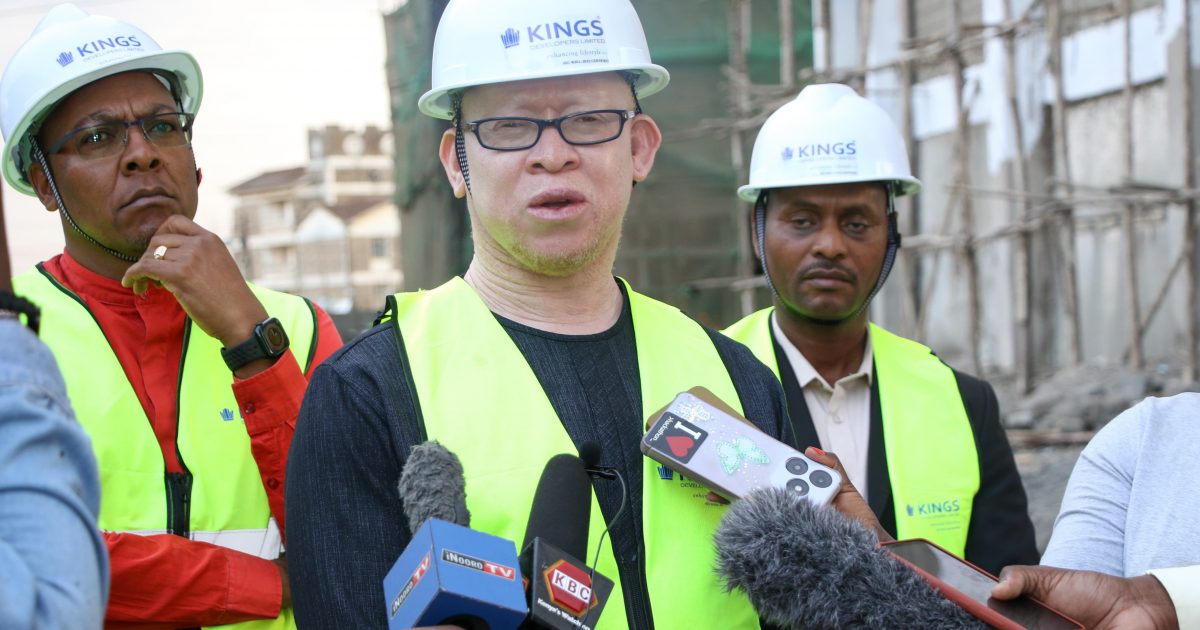Kenyans will start owning new homes under the affordable housing programme that are being constructed in several parts across the country before the end of the year, Government spokesperson Isaac Mwaura has said.
Mwaura said the housing agenda is on course, with several houses in the final stages of completion, and in the coming months, they will be ready to be occupied.

Speaking in Ruiru town while inspecting the ongoing construction of 1050 units at Kings Boma Estate Monday, Mwaura said the houses are modern and the necessary amenities have been constructed within the premises for convenience of the occupants.
“The demand for these houses is huge, and we have maintained that the process of selling the houses will be fair and will be on a first come, first served basis. Priority will also be given to those in dire need of the affordable units. The houses, two and three bedrooms, will be sold from Sh1.2 million to Sh4.5 million,” Mwaura said.
He reiterated that the government is keen on constructing 200,000 houses per year by constructing 200 units in every constituency.
Mwaura, at the same time, said the projects are contributing to massive economic transformation across the country through the creation of jobs and promoting local businesses.
“For instance, in the Ruiru affordable housing programme, some 1300 Kenyans have secured jobs and are earning a living while local businesses are thriving through sourcing of materials including cement, sand, ballast, and metal bars, among others,” he said.
His remarks were echoed by Teresia Wanjiru, who has worked at the site for the last one and a half years, who attested that the project helped her raise and save money to sustain her college education as well as raise money for her basic needs.
“Before I got the job, I couldn’t continue with my education due to lack of school fees. However, from the pay, I have been able to save, and I have managed to clear tuition fees,” Wanjiru said.
Martin Karani, another labourer at the site, said the housing programme has benefitted thousands of Kenyans who were grappling with joblessness.
By Muoki Charles





